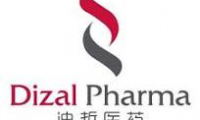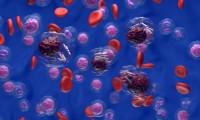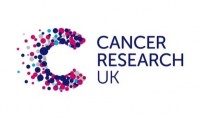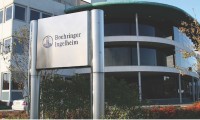-
IGM jettisons workforce and blood cancer programme to refocus pipeline
- Source: drugdu
- 101
- December 8, 2023
-
As Stelara cliff looms, J&J expects 25 blockbuster drugs to drive future sales growth
- Source: drugdu
- 98
- December 7, 2023
-
Elli Lilly Cancer Drug Lands Its Second FDA Approval This Year
- Source: drugdu
- 114
- December 6, 2023
-
Lilly’s Jaypirca blazes leukemia trail with FDA nod, fast confirmatory trial filing
- Source: drugdu
- 99
- December 6, 2023
-
Cancer Research UK and Guardant collaborate to advance cancer detection and treatment
- Source: drugdu
- 91
- December 6, 2023
-
Phenomic scores two deals in two days with Boehringer and Astellas
- Source: drugdu
- 122
- December 5, 2023
-
AbbVie Buys ImmunoGen in $10B Deal, Gains Access to ADC for Ovarian Cancer
- Source: drugdu
- 122
- December 4, 2023
-
AbbVie to Acquire ImmunoGen With its Platinum-Resistant Ovarian Cancer Drug Elahere
- Source: drugdu
- 129
- December 4, 2023
-
Boehringer Ingelheim and IBM announce AI antibody drug discovery partnership
- Source: drugdu
- 110
- December 4, 2023
your submission has already been received.
OK
Subscribe
Please enter a valid Email address!
Submit
The most relevant industry news & insight will be sent to you every two weeks.













